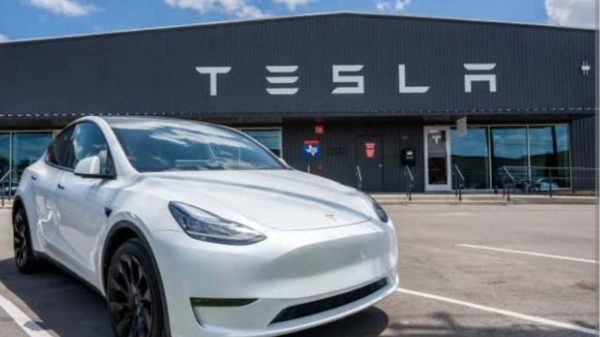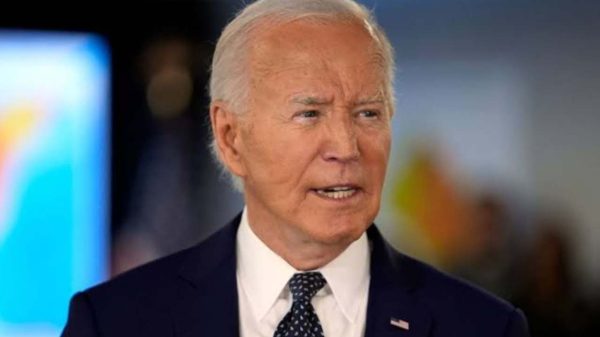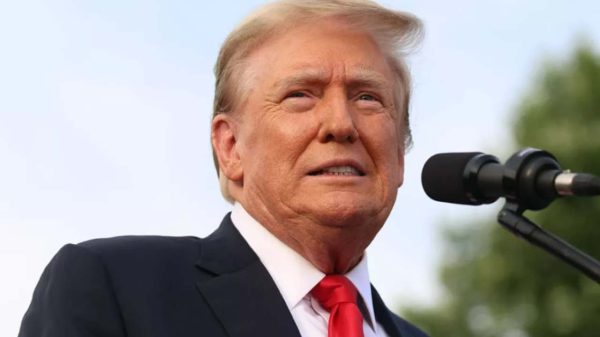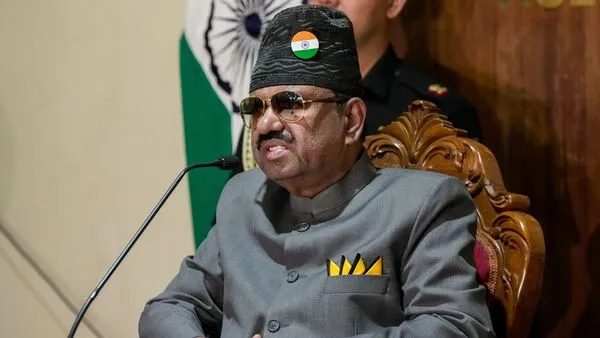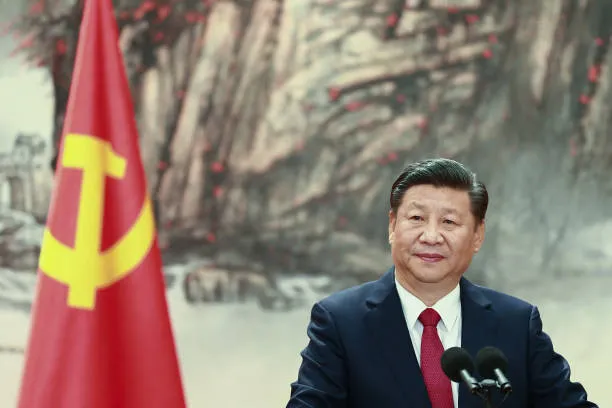China’s ruling Communist Party is ramping up its national security measures, with a focus on the risks posed by advances in artificial intelligence (AI). At a meeting led by President Xi Jinping, the party emphasized the need for “dedicated efforts to safeguard political security and improve the security governance of internet data and artificial intelligence.” Xi, who heads the party, the military, and the country, urged attendees to remain vigilant about the complex and challenging circumstances facing national security.
According to Xi, China needs a “new pattern of development with a new security architecture.” This comes as the country continues to crack down on its tech sector in an effort to reassert party control, while also grappling with the challenges of regulating the rapidly developing technology of AI. The party’s concern is likely driven by both domestic and international factors.
In recent years, China has been working to suppress any perceived political threats to its dominance, dedicating vast resources to policing and security personnel that exceed those spent on the military. This has included efforts to censor in-person protests and online criticism, as well as draconian lockdown measures enacted to combat the spread of Covid-19.
Despite these efforts, citizens have continued to express dissatisfaction with government policies. As a result, the party is looking to take a more proactive approach to addressing the risks posed by AI. The technology has quickly become a major concern, with scientists and tech industry leaders warning about the dangers of AI systems outsmarting humans and slipping out of control.
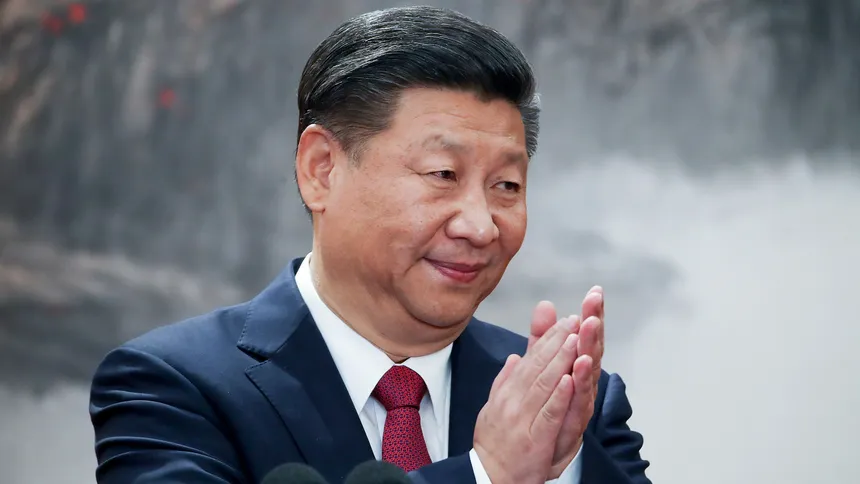
Xi Jinping (Via Xi Jinping/Twitter)
Earlier this year, more than 1,000 researchers and technologists, including Elon Musk, signed a letter calling for a six-month pause on AI development. The letter stated that AI poses “profound risks to society and humanity” and proposed a United Nations treaty to regulate the technology. This warning has been echoed by other experts, with a new statement issued this week saying that mitigating the risk of extinction from AI should be a global priority.
China’s efforts to address the risks of AI will likely involve a combination of regulation, censorship, and increased investment in the technology. However, the party’s ability to effectively address these challenges will depend on its ability to balance its desire for control with the need for innovation and progress. As the world continues to grapple with the implications of AI, it is clear that China’s Communist Party will be playing a key role in shaping the future of this technology.








